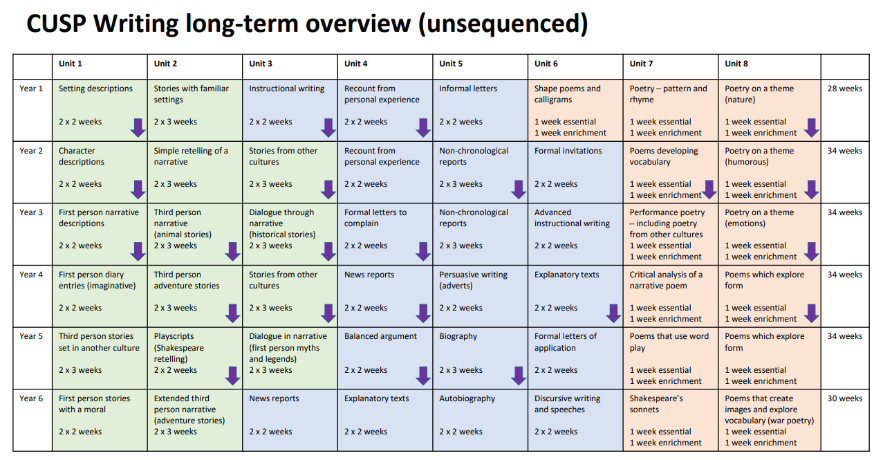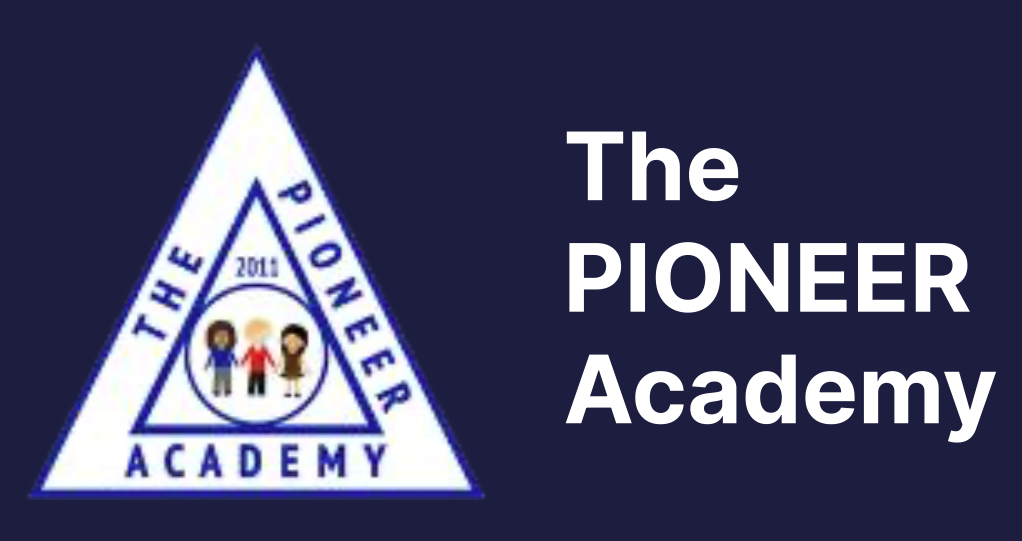Home | Learning | Curriculum | English
English
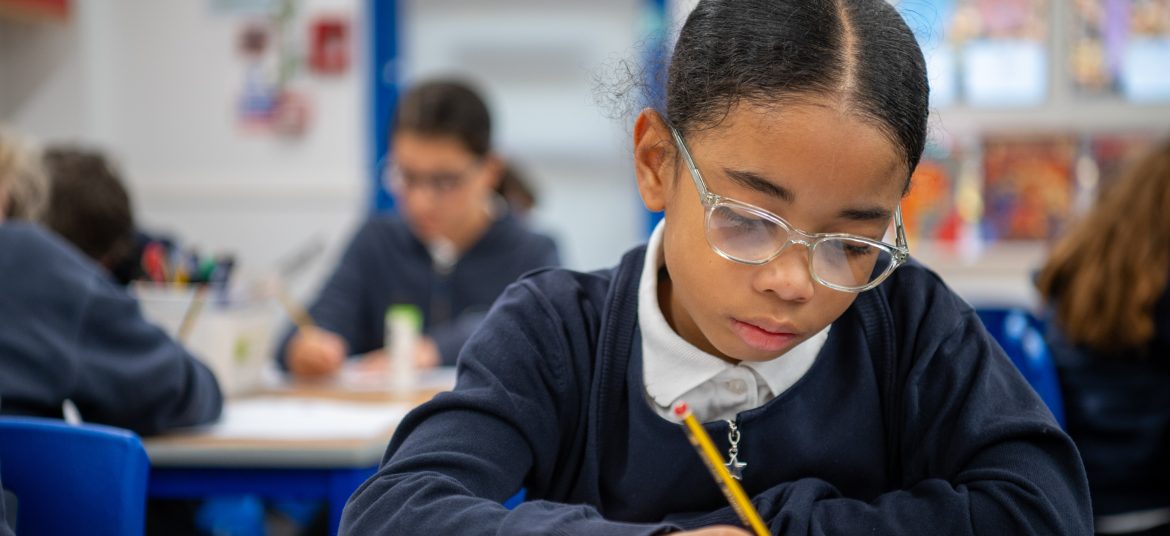
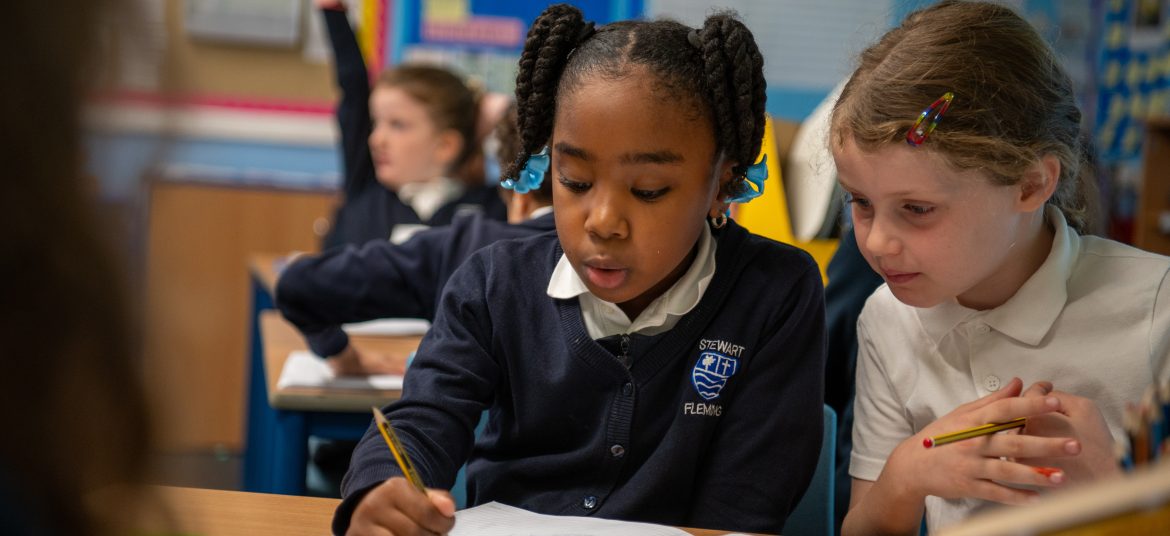
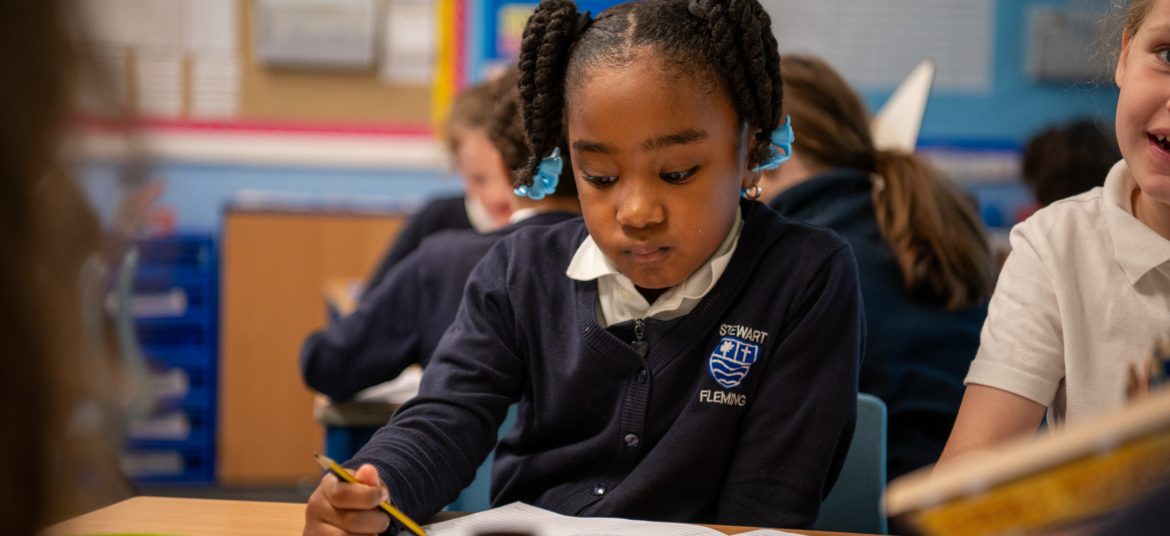
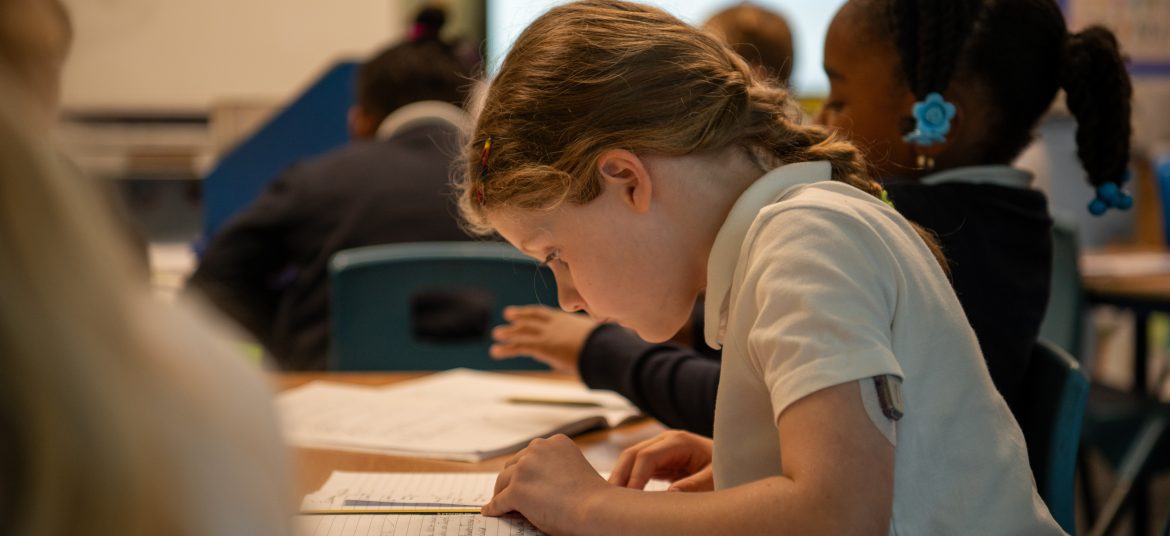
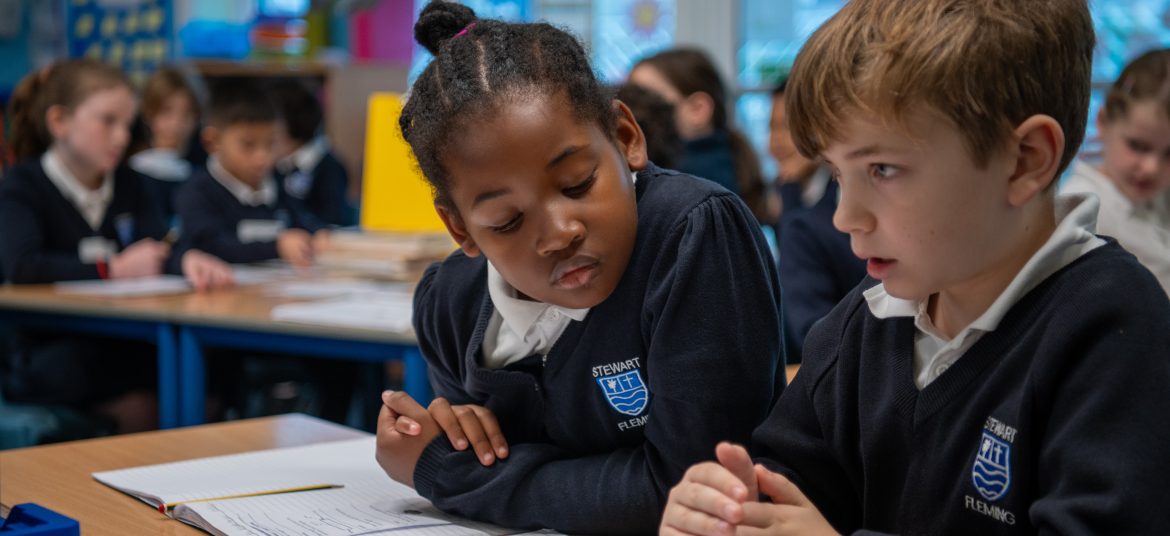
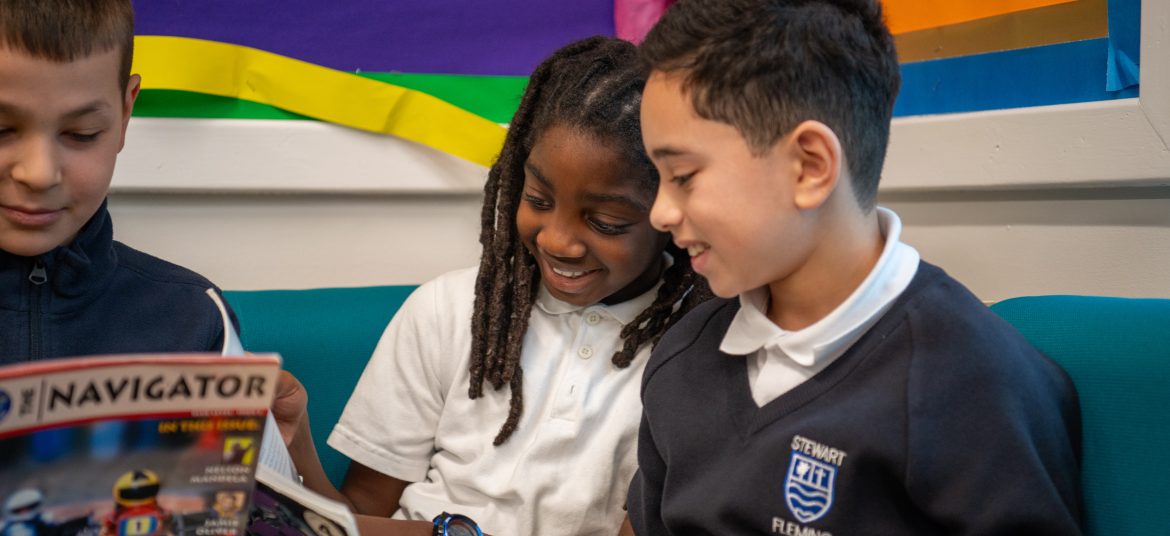
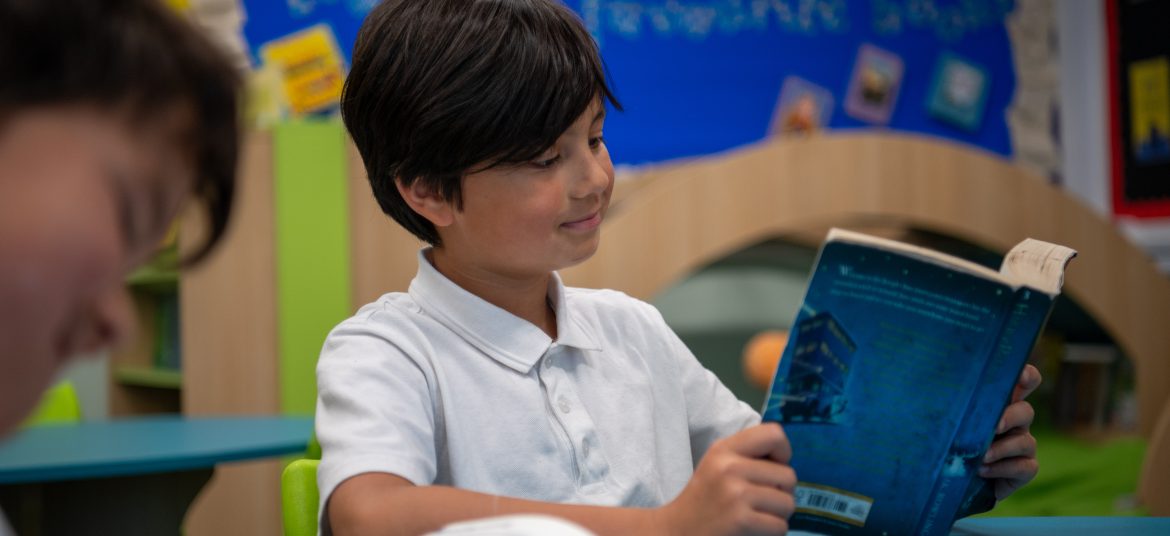
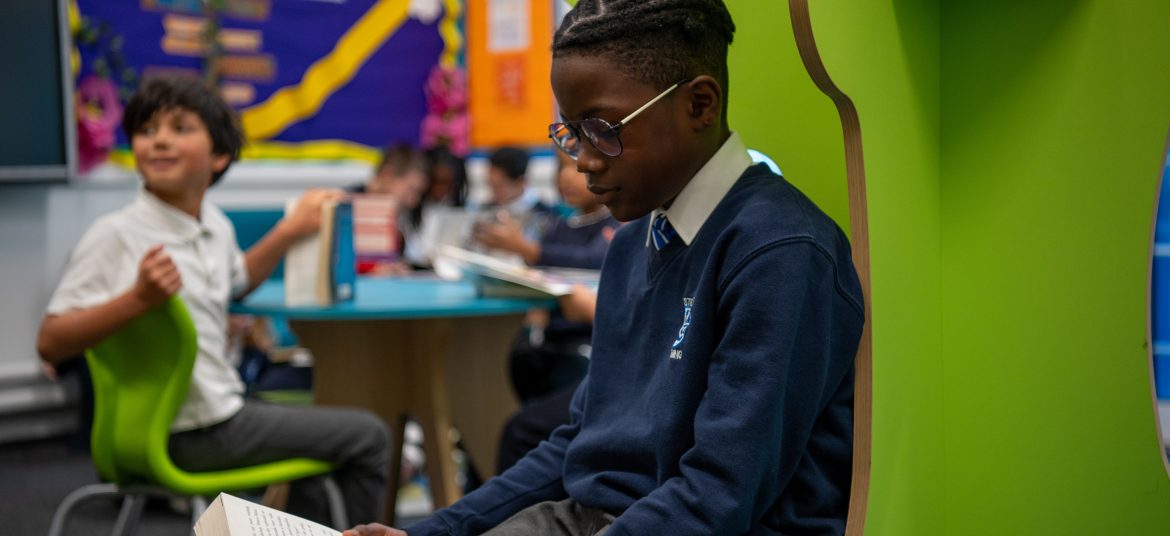
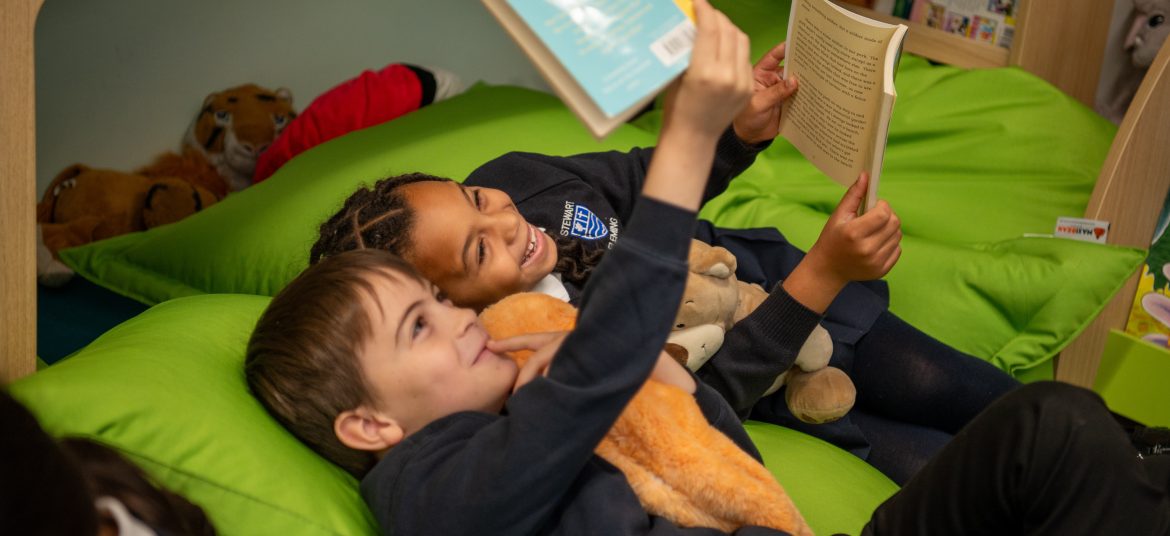
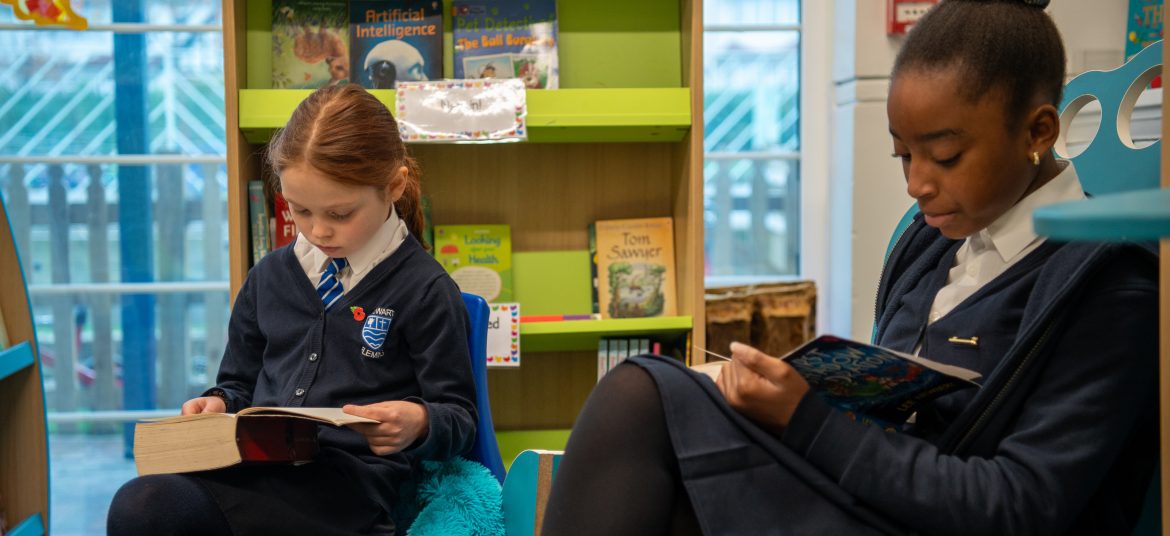
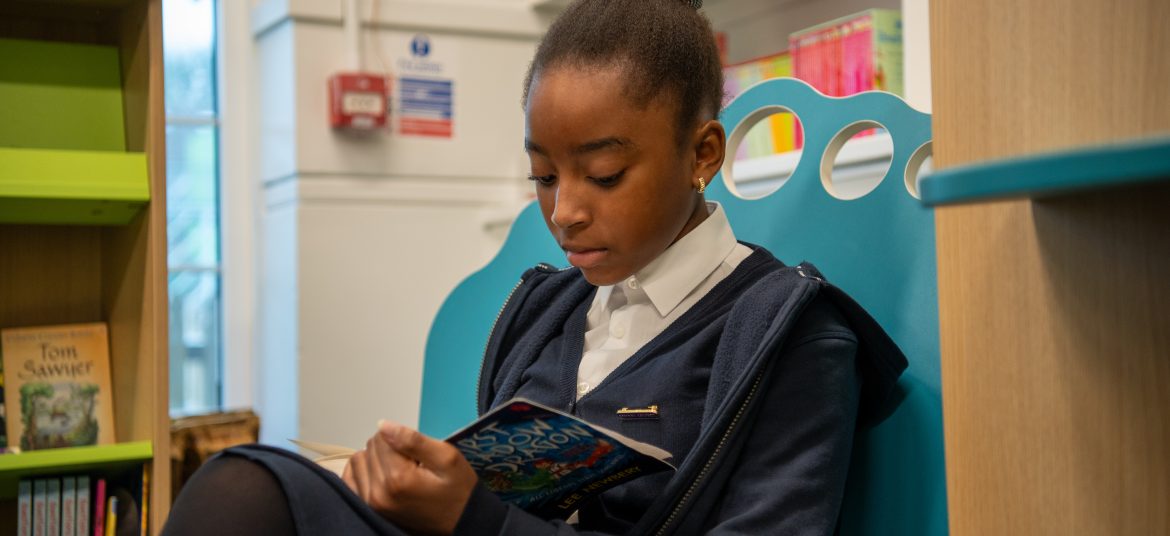
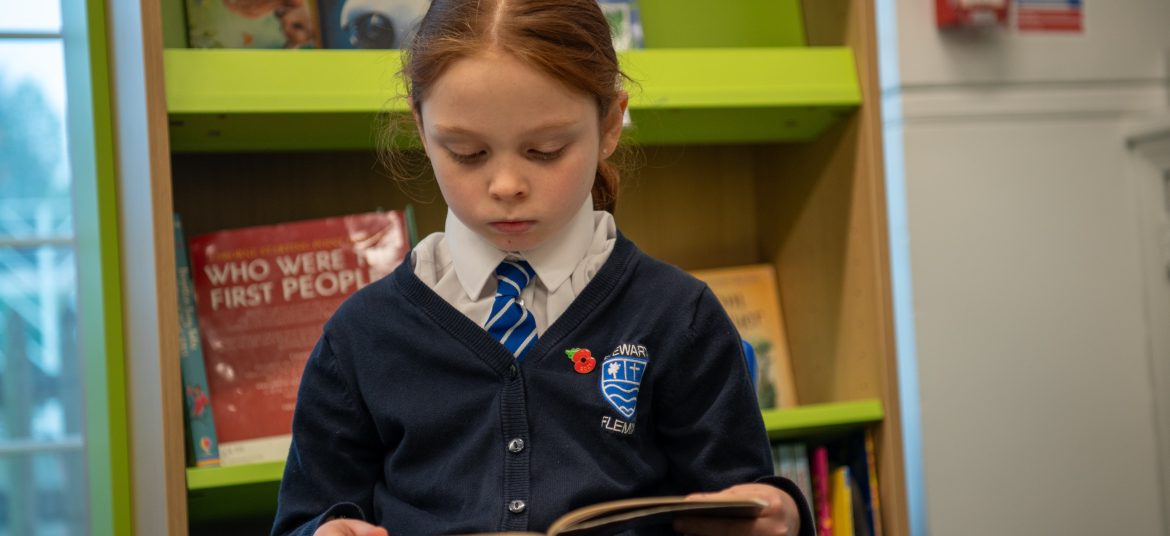
Innovate
Nurture
Grow
Reading
Intent
English is at the heart of all children’s learning. Literacy enables children both to communicate with others effectively for a variety of purposes and to examine their own and others’ experiences, feelings and ideas, giving these order and meaning. Literacy is central to children’s intellectual, emotional and social development as it has an essential role across the curriculum and helps pupils’ learning to be coherent and progressive.
We aim to encourage children to:
- be effective, competent communicators and good listeners;
- express opinions, articulate feelings and formulate responses to a range of texts both fiction, nonfiction
- using appropriate technical vocabulary;
- foster an interest in words and their meanings, and to develop a growing vocabulary in both
- spoken and written form;
- enjoy and engage with and understand a range of text types and genres;
- be able to write in a variety of styles and forms showing awareness of audience and purpose;
- develop powers of imagination, inventiveness and critical awareness in all areas of literacy;
- use grammar and punctuation accurately;
- understand spelling conventions;
- produce effective, well-presented written work.
By the time children leave our school, we expect them to communicate through speaking and listening, reading and writing with confidence, fluency and understanding and in a range of situations.
Implementation
At Stewart Fleming, we use CUSP to deliver the national curriculum objectives in reading & writing. We have chosen CUSP because it is aspirational and allows our learners to be exposed to high quality texts in every year group.
Cross-Curricular Literacy Opportunities
The skills that children are taught in Literacy underpin all other subjects. They enable pupils to communicate and express themselves in all areas of their work. Teachers will always make cross-curricular links wherever appropriate and will plan for pupils to apply the skills, knowledge and understanding that they have acquired during Literacy to other areas of the curriculum.

EYFS and Key Stage 1 classes daily enjoy and participate in whole class story time sessions. In key stage 2 children are read to everyday at the end of the day. Each class has a welcoming book corner which is regularly updated to suit the interests of the children and includes accessible books for all children to enjoy and read for pleasure. As part of the home/school agreement children are expected to read at home at least three times a week. We strongly encourage parents/carers to hear their child read unless they are at a level where the pupils can assess their own reading. Feedback on home reading is made by parents/carers or pupils within the Home Reading Records. In EYFS Guided Reading is linked to Little Wandle Letters and Sounds. This consists of three guided reading sessions at school using a book matched with the child’s current phonics level. Little Wandle books are then sent home for the children to continue practising with books at their level.
The three sessions are as follows:
- Decoding
- Prosody
- Comprehension
In KS1 Guided Reading is linked to Little Wandle Letters and Sounds. This consists of three guided reading sessions at school using a book matched with the child’s current phonics level. Little Wandle books are then sent home for the children to continue practising with books at their level.
KS1 deliver the Cusp reading and writing lessons throughout the week.
In KS2 guided reading sessions take place for 30 minutes each day using CUSP. These sessions are delivered as a whole class guided reading sessions and are taught five times a week. High quality texts are used which engage students and help them to explore a range of genres. Each year group has a set of core texts that cover a wide range of genres, authors, themes and experiences to ensure that all children have exposed a breadth of diverse literature throughout their school journey. Guided reading is taught in 2 week blocks and covers:
- summary
- Retrieval
- Understanding themes
- Prediction
- Inference
- Authorial intent

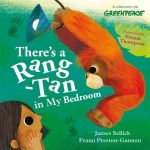
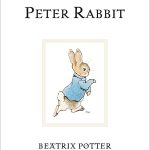
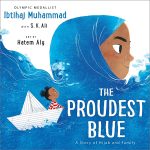
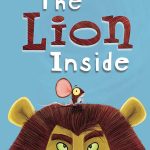
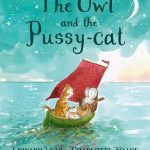
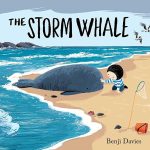
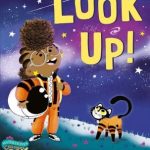

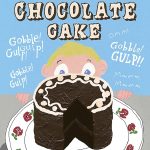
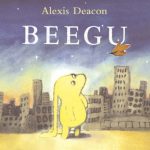
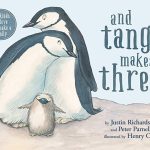
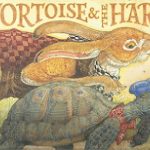
Year 2
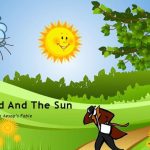
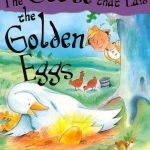
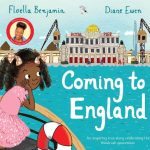
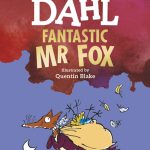
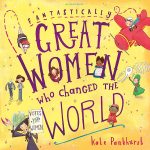
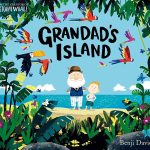
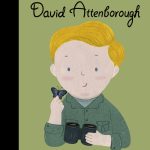
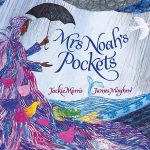
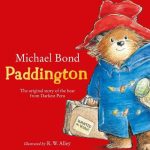
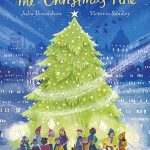
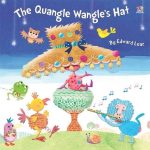
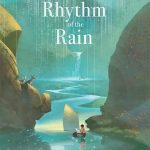
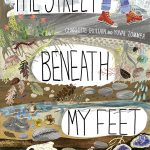
Year 3
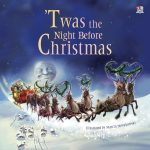
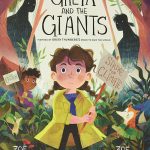
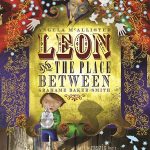
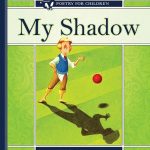
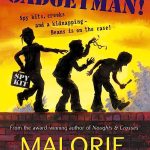
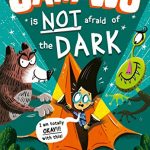
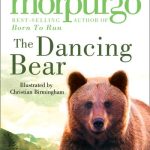

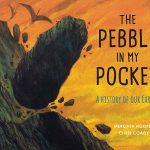
Year 4
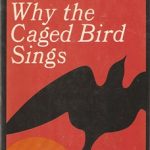
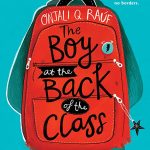
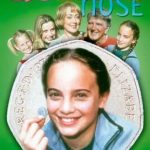
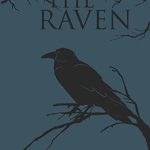
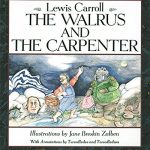
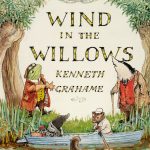
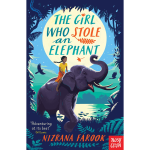
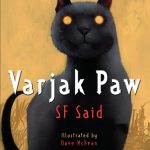
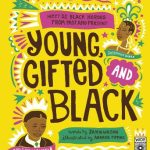
Year 5
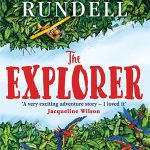
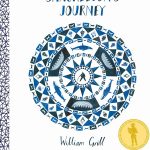
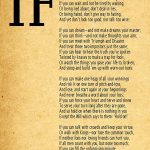
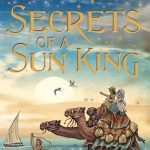
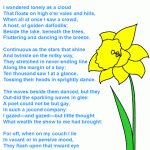
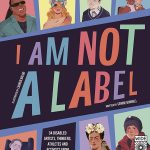
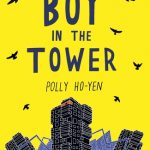
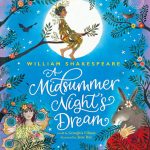
Year 6


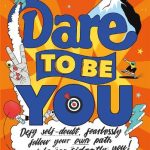

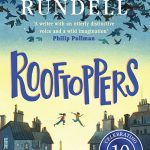
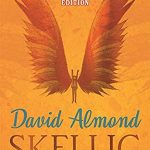

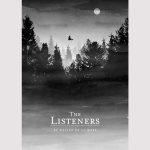
Reading Lists
Below you will find a recommended reading list for each year group. These are high quality texts which promise to engage and challenge even the most reluctant of readers! It is important that children are encouraged and supported with their reading and are choosing books that are age appropriate.

Year 1

Year 2

Year 3

Year 4

Year 5

Year 6
Spelling, Punctuation and Grammar
A good spelling programme gradually builds pupils’ spelling vocabulary therefore, when children enter Key Stage 2 they will have discreet ‘Support for Spelling’ lessons three times a week. During these lessons children begin to understand the principles underpinning word construction, recognise how to apply these principles in their writing and develop the skills for proof reading. In Year 6 children are required to take a ‘Spelling, Punctuation and Grammar’ test. We endeavour to prepare children for this test as early as possible and therefore make spelling and grammar a key priority in all curriculum areas.

Vocabulary and Grammar New Curriculum

Grammar Terminology

Grammar Definitions
Drama and Role Play
At Stewart Fleming Primary School we strongly believe that the more experiences children have the better writers they become. We therefore place a strong emphasis on bringing drama and role play into our literacy lessons, allowing the children to recreate those fantasy worlds that they so often read about. Hotseating, teacher in role and freeze frames are just some examples of the types of activities your children will experience through our diverse literacy curriculum.
Programmes of Study
The programmes of study provide a clear outline of learning for each child.
Phonics
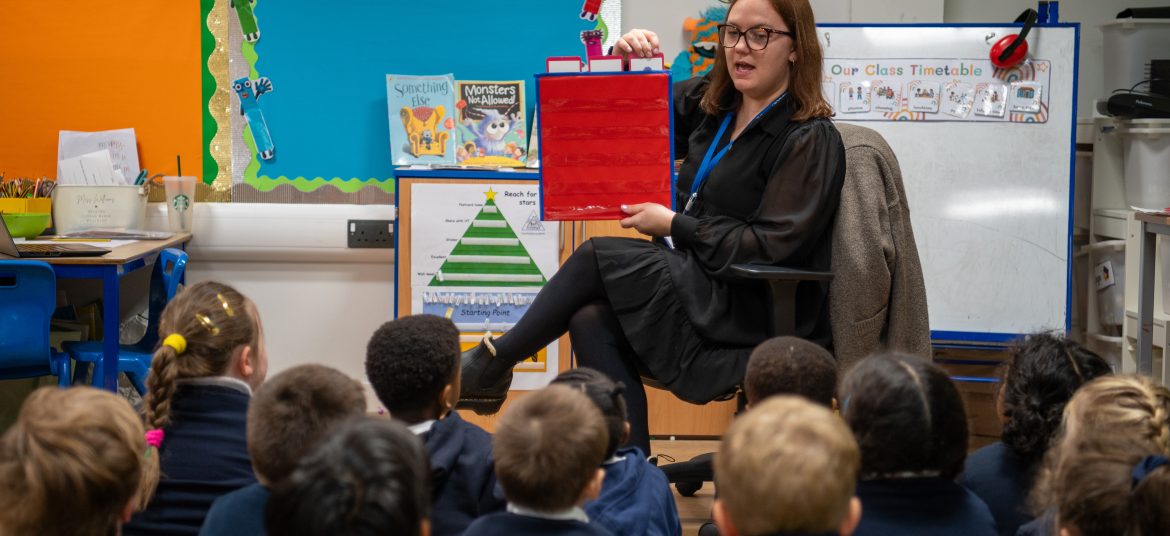
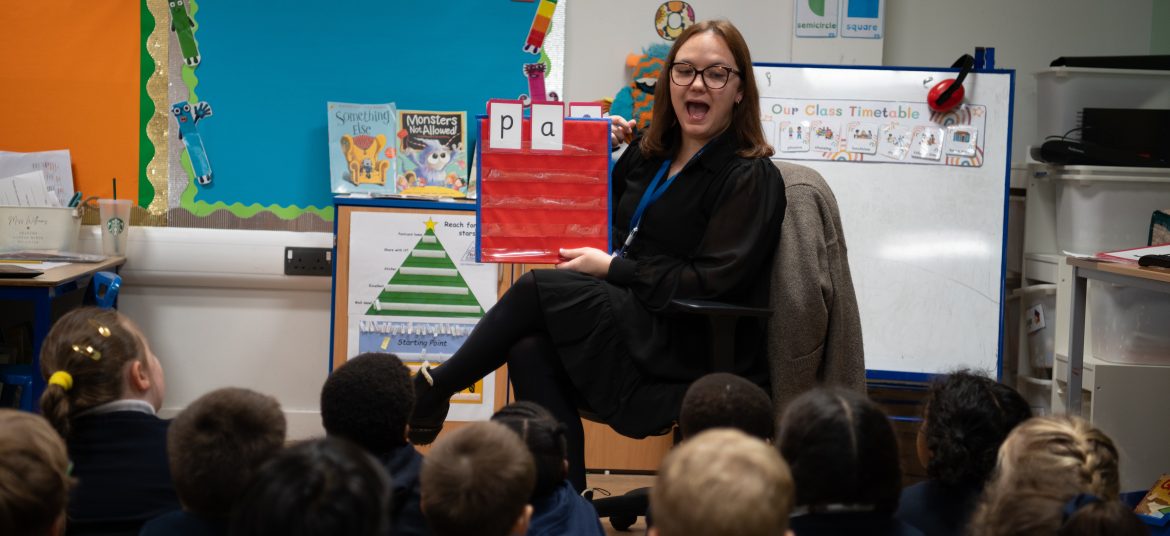
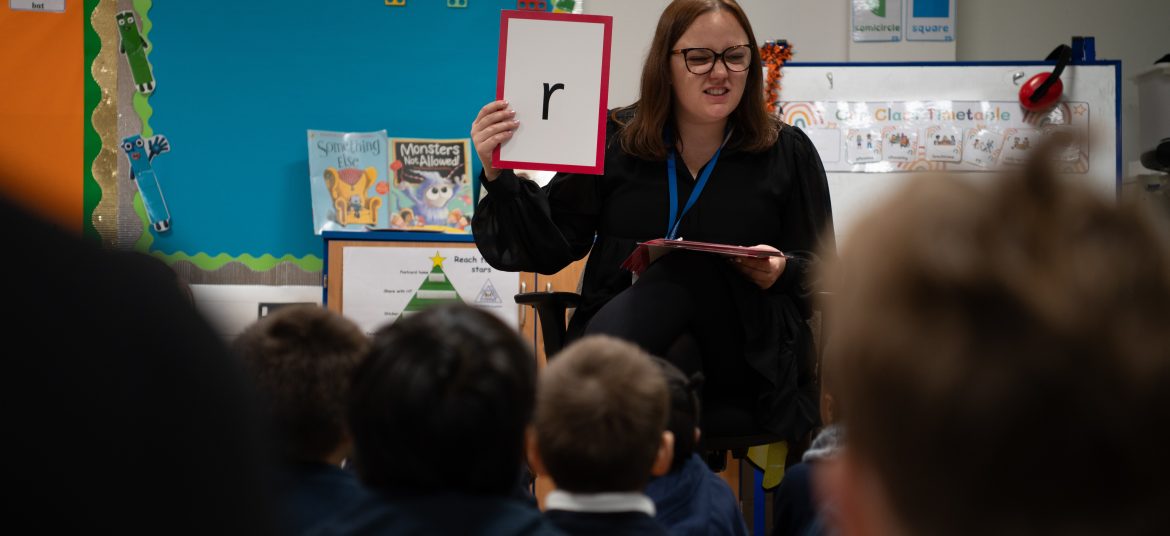
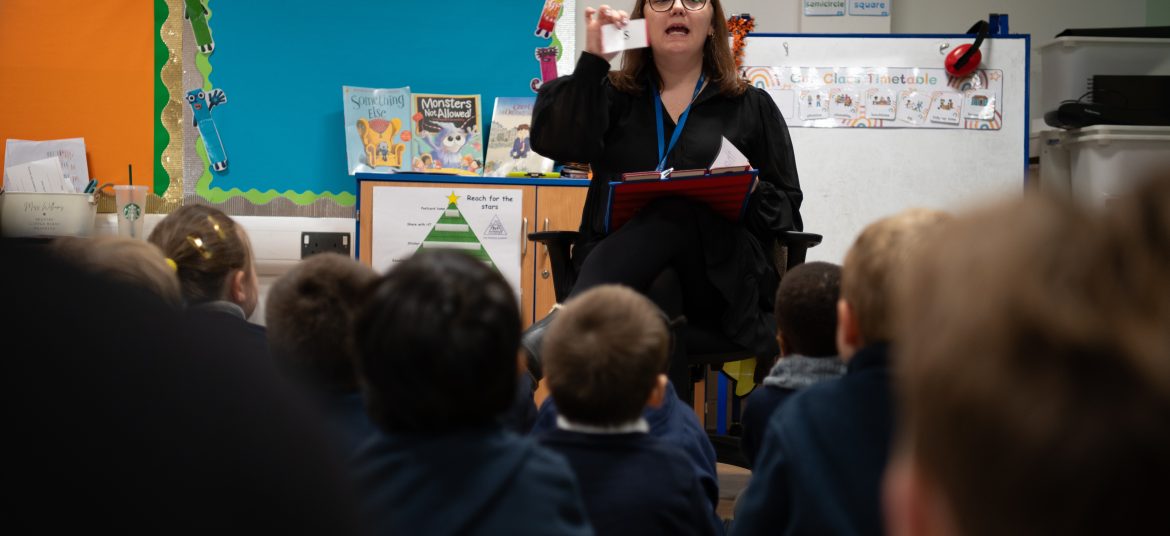
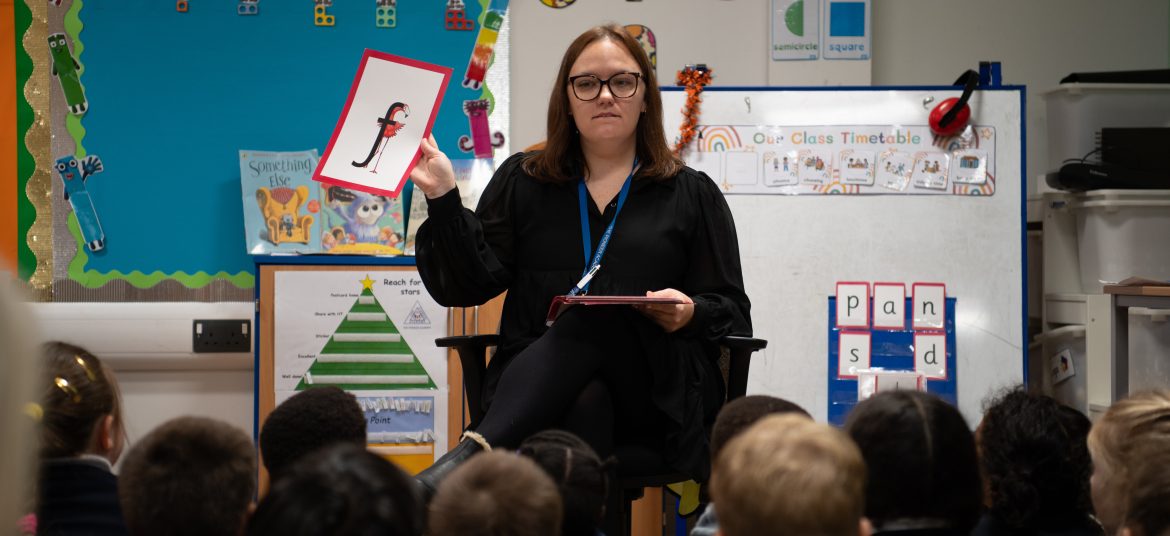
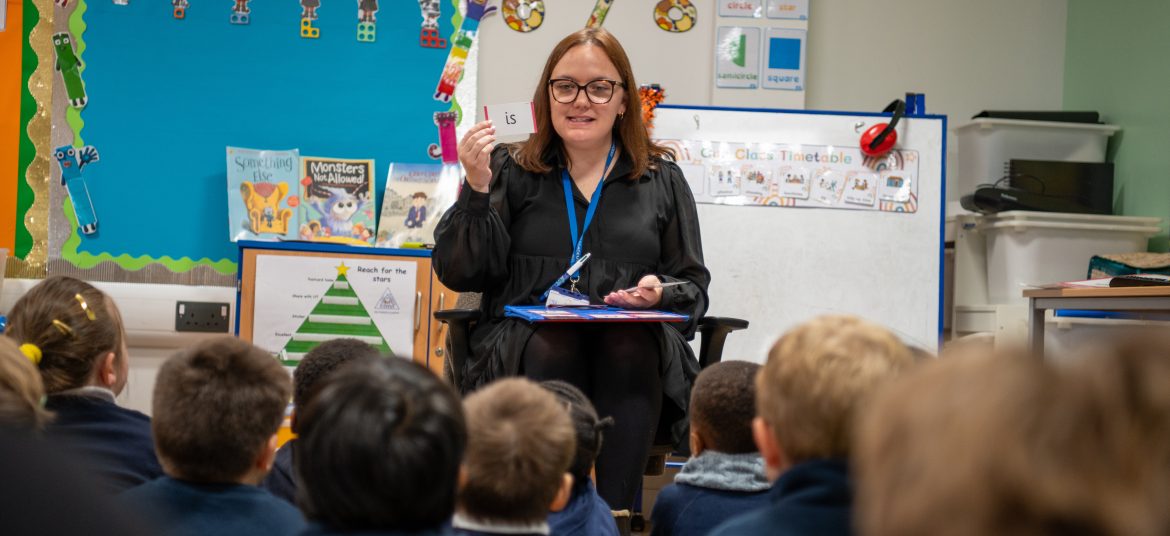
Intent
At Stewart Fleming Primary School, we believe that all our children can become fluent readers and writers. We teach reading through Little Wandle Letters and Sounds Revised, which is a complete systematic and synthetic phonics programme validated by the Department for Education.
We start teaching phonics in Reception and follow a detailed programme of progression which ensures children build on their growing knowledge of the alphabetic code, mastering phonics to read and spell as they move through school. As a result, all our children are equipped with the skills to be able to tackle new and unfamiliar words as they read. Teaching staff model the application of the alphabetic code through phonics in shared reading and writing and across the curriculum. As speaking and listening are crucial skills for reading and writing in all subjects, we have a strong focus on language development for our children.
Comprehension
At Stewart Fleming Primary School, we value reading as a crucial life skill. By the time they leave us, our aim is for all children to read confidently for meaning and be equipped with the tools they need to tackle unfamiliar vocabulary. We encourage our children to see themselves as readers for both pleasure and purpose and we aim to promote a love of reading from the moment children join us.
We strongly believe in the importance of teaching every child to read and our highly-skilled Phonics Leader drives the early reading programme in our school. They regularly monitor provide support to our reading team, so that teaching is continuously of a high standard and fidelity to the Little Wandle Letters and Sounds Revised programme is maintained.
Implementation (How we teach phonics and early reading)
Daily phonics lessons in Reception and Year 1
We teach phonics lessons every day in Reception and Year 1. In Reception, we build from 10-minute lessons, with additional daily oral blending games, to the full-length lesson as quickly as possible. In order for children to make a strong start in Reception: teaching begins in Week 2 of the Autumn term.
We follow the Little Wandle Letters and Sounds Revised expectations of progress:
- Children in Reception are taught to read and spell words using Phase 2 and 3 GPCs, and words with adjacent consonants (Phase 4) with fluency and accuracy.
- Children in Year 1 review Phase 3 and 4 and are taught to read and spell words using Phase 5 GPCs with fluency and accuracy.
Daily Keep-up lessons ensure every child learns to read
Any child who needs additional practice has daily Keep-up support, taught by a fully trained adult. Keep-up lessons match the structure of class teaching, and use the same procedures, resources and mantras, but in smaller steps with more repetition, so that every child secures their learning.
We timetable daily phonics lessons for children in Year 2 and beyond, who are not fully fluent at reading. We recognise these children urgently need to catch up, so the gap between themselves and their peers does not widen. We use the Little Wandle Letters and Sounds Revised assessments to identify the gaps in their phonic knowledge and teach to these using the Little Wandle Letters and Sounds Revised, Rapid Catch-up resources – at pace.
Teaching reading: Reading practice sessions
In Reception and Year 1, we teach children to read through reading practice sessions. These are taught by a fully trained adult to small groups of approximately six children. We use books matched to the children’s secure phonic knowledge. Each reading practice session has a clear focus, so that the demands of the session do not overload the children’s working memory. The reading practice sessions have been designed to focus on three key reading skills:
- decoding
- prosody: teaching children to read with understanding and expression
- comprehension: teaching children to understand the text.
In Reception, we aim for the children to begin Reading Practise sessions as soon as possible. Children who are not yet decoding have daily additional blending practice in small groups, so that they quickly learn to blend and can begin to read books.
We continue to teach reading in this way for any children who still need to practise reading with decodable books from Year 2 and beyond until they become fluent readers.
Home reading
We send decodable reading practice books each week to ensure success is shared with the family at home. Reading for pleasure books also go home for parents to share and read to children.
We use the Little Wandle Letters and Sounds Revised expectations of progress to engage our families and share information about phonics, the benefits of sharing books, how children learn to blend and other aspects of our provision, both online and through workshops.
Additional reading support
Children in Reception and Year 1 who are receiving additional phonics Keep-up sessions read their reading practice book to an adult daily.
Ensuring consistency and pace of progress
Every teacher in our school has been trained to teach reading, so we have the same expectations of progress and outcomes for our pupils. In order to ensure a consistent approach to teaching, teachers;
Use the same language, routines and resources to teach children to read so that we lower children’s cognitive load.
Use weekly content grids map each element of new learning to each day, week and term for the duration of the programme.
The Phonics Leader and SLT regularly monitor and observe teaching and together with the class teachers, use the summative data to identify children who need additional support.
Embedding a love of reading: Reading for pleasure
‘Reading for pleasure is the single most important indicator of a child’s success.’ (OECD 2002) ‘The will influences the skill and vice versa.’ (OECD 2010).
At Stewart Fleming Primary School, we value reading for pleasure highly and work hard as a school to grow our ‘Reading for Pleasure’ pedagogy. We read to children every day, using carefully chosen books. We want children to experience a wide range of texts, including books that reflect the children at our school and our local community as well as books that open windows into other worlds and cultures.
Every classroom has an inviting book corner that encourages a love for reading. We curate these books and talk about them to entice children to read a wide range of books.
In Reception, children have access to the reading corner every day in their free flow time and the books are continually refreshed.
Children from reception onwards have a home reading record. Parents/ carers are encouraged to record comments to share with the adults in school relating to their child’s reading. Teachers will regularly check these to ensure children are reading at least 3 times per week, and record a comment relating to the child’s reading progress in school. As the children progress through the school, they are encouraged to write their own comments and keep a list of the books/authors that they have read.
The school library is made available for classes to use at protected times. Throughout the year, opportunities for children to engage with a wide range of ‘Reading for Pleasure’ events are planned such as book fairs, author visits and workshops, and national events such as World Book Day.
Impact
Teachers use assessments to monitor progress and to identify any child requiring additional support as soon as they need it.
Asssessment for learning is used:
- daily within class to identify children needing Keep-up support
- weekly in the Review lesson to assess gaps, address these immediately and secure fluency of GPCs, words and spellings.
Summative assessment is used:
- every six weeks to assess progress, to identify gaps in learning that need to be addressed, to identify any children requiring additional support and to plan the Keep-up support that they need.
Statutory assessment
Children in Year 1 sit the Phonics Screening Check. Any child not passing the check re-sits it in Year 2.
Assessing children new to joining the school
A Placement assessment is used with any child new to the school inReception and Year 1 and Rapid Catch-up assessment for children in Year 2 and above, to quickly identify any gaps in their phonic knowledge and plan and provide appropriate extra teaching.
Ongoing assessment for Rapid Catch-up in Years 2 to 6
- Children in Year 2 to 6 whom are accessing the Rapid Catch-up programme, are assessed through:
- an initial assessment to quickly identify any gaps in their phonic knowledge and plan appropriate teaching
- summative assessments to assess progress and inform teaching
- fluency assessments
The fluency assessments measure children’s accuracy and reading speed in short, one-minute assessments. They also assess when children are ready to exit the Rapid Catch-up programme, which is when they read the final fluency assessment at 90+ words per minute.
Useful links
Please use the links below to watch videos on how best to support your child.
How to pronounce phase 2 and phase 3 sounds:
https://www.littlewandlelettersandsounds.org.uk/resources/for-parents/
How to support your child with blending:
https://www.littlewandlelettersandsounds.org.uk/resources/for-parents/
A guide to tricky words:
https://www.littlewandlelettersandsounds.org.uk/resources/for-parents/
A guide to ‘alien’ words:
https://www.littlewandlelettersandsounds.org.uk/resources/for-parents/

Capital Letter Formation

Phase 3 Sounds

Phase 5 Sounds

Pronunciation Guide - Autumn 1

Pronunciation Guide - Autumn 2

Year 1 PSC forum

Example Phonics Screening Check

Year 1 Tricky words explained

How to say Year 1 sounds-compressed

Programme Progression - Reception to Year 1
Writing
English is taught five times a week using CUSP. Lessons are taught in a sequence with an emphasis on oracy and vocabulary acquisition and retention. Each unit leads to an independent write and also allows additional time for additional content to address the needs of the class.
At Stewart Fleming we cover a wide range of genres using a variety of texts which to stimulate and inspire children. Each week tiered vocabulary is introduced that links with the text to ensure that our children have access to a vocabulary rich curriculum which allows children to engage and connect deeper with a text. Studying a range of texts through each unit allows to explore and immerse themselves in new texts and gain a more coherent understanding of the different ways in which we use writing to communicate. The children are exposed to many different genres of writing and skills are developed in order to write independently at length. The genres are then revisited in a block B so that they can deepen their understanding. Although we use CUSP we will adapt the texts to suit the needs of our children. Whether that be by adapted the cultural focus or the content.
At the start of each unit, the children stick in a knowledge note which outlines the key skills required within a genre. Please see below. These skills are revisited and built upon in block b of the genre. The focus of the lessons within the unit will be based on the skills provided in the knowledge note.
In EYFS texts are carefully selected to ensure that children are exposed to a variety of genres and authors. Texts are linked to provision throughout the EYFS environment to ensure that children are immersed in the books and have opportunities to rehearse and use the language – both through speaking and listening and through writing. Reading for pleasure is promoted through regular whole class story times and appropriate texts are linked and available for children in the different areas of the classroom.
Tiered Vocabulary, Knowledge Organiser and Model Texts
As part of CUSP, each unit is designed to ensure the children use appropriate skills within their writing. This is supported through the use of a knowledge organiser, which the children can refer back to if they are unsure about particular concepts.
Every unit will feature a range of model texts to support and scaffold the children’s writing. The children will be exposed to a wide range of rich writing to support their confidence to write.
Long Term Plans
